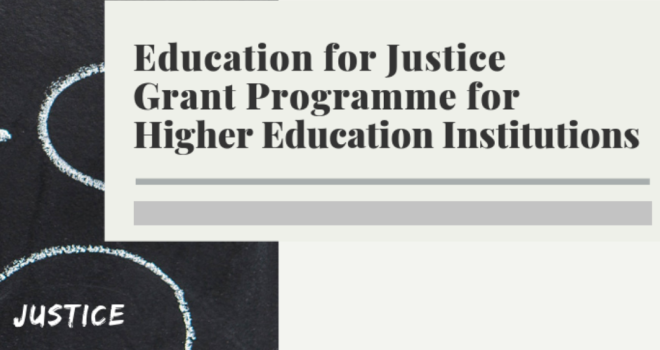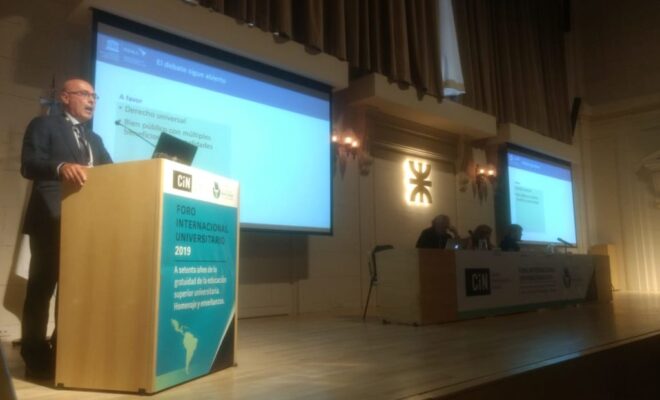Seven out of 10 countries have a national public agency for student financial aid

Globally, seven out of ten countries documented in the HE Policy Observatory have established national public agencies for student financial aid. These agencies play a crucial role in offering loans and/or scholarships, which can cover tuition fees, living costs. Establishing these agencies is a way to help ensure standardized and transparent processes for distributing aid at the national level. Moreover, public funding of agencies generally enhances social justice and inclusion in higher education.
Regional and Income-Based Variations
Still, significant regional differences can be observed in the establishment of student financial support agencies. Central and Eastern Europe leads with 92% of countries having established such agencies, followed closely by Central Asia, South and West Asia, and East Asia and the Pacific. In contrast, only a quarter of countries in the Arab States have established these agencies. The data also shows a positive relationship between a country’s income level and the likelihood of establishing a student support agency.

Implications for policymakers and future research
The Policy Insight 14 underscores the importance of national agencies in fostering equitable access to higher education. Countries without such agencies should consider them as a way to enhance transparency, accountability, and equity in the provision of financial aid to students. In addition, international dialogue and comparative research could help identify best practices for effective student support. By exploring different models of aid distribution and their impacts on student debt, policymakers can develop more efficient and inclusive strategies for supporting students in higher education.
Dive into UNESCO IESALC’s Policy Insight 14 to gain a deeper understanding of higher education governance globally and its implications for future policymaking and research:
RELATED ITEMS







